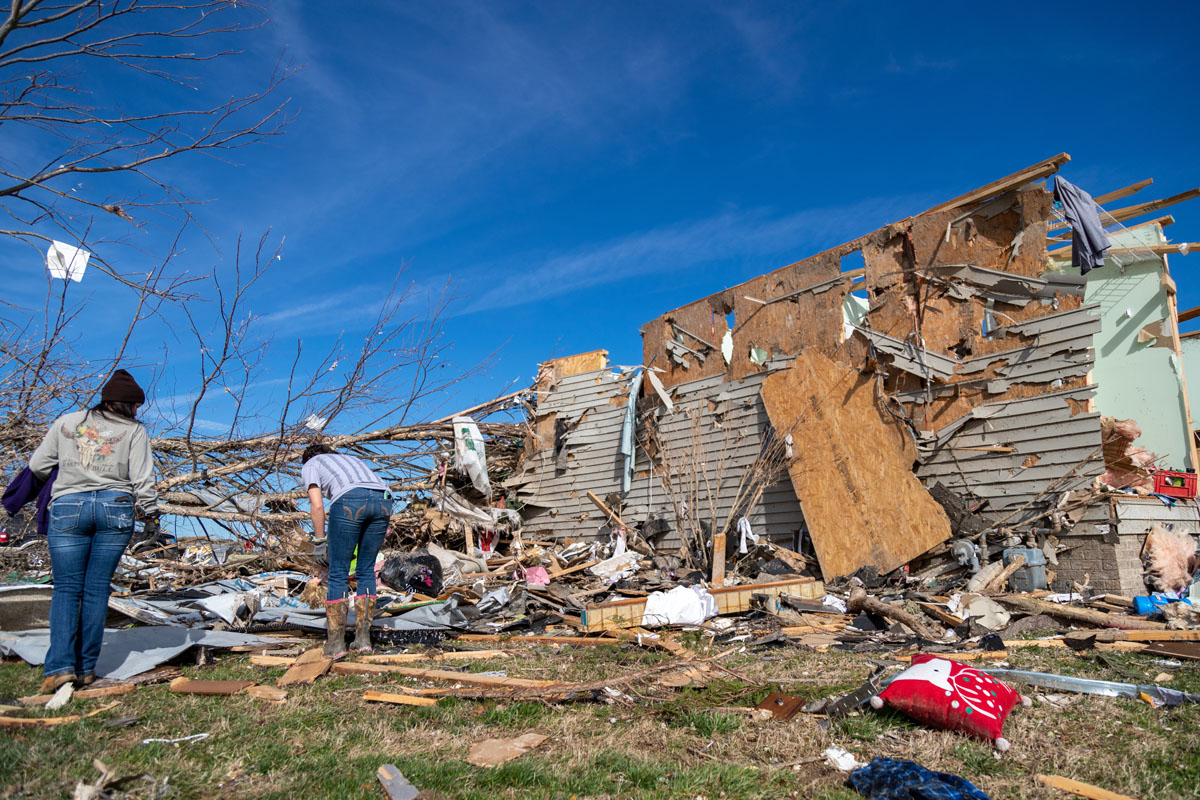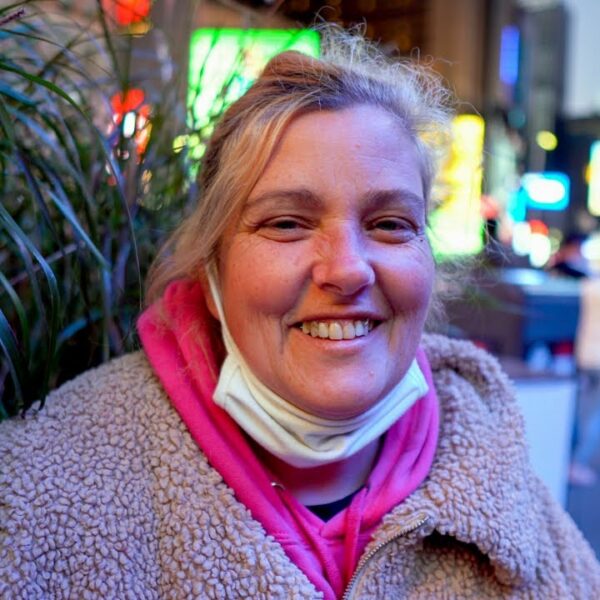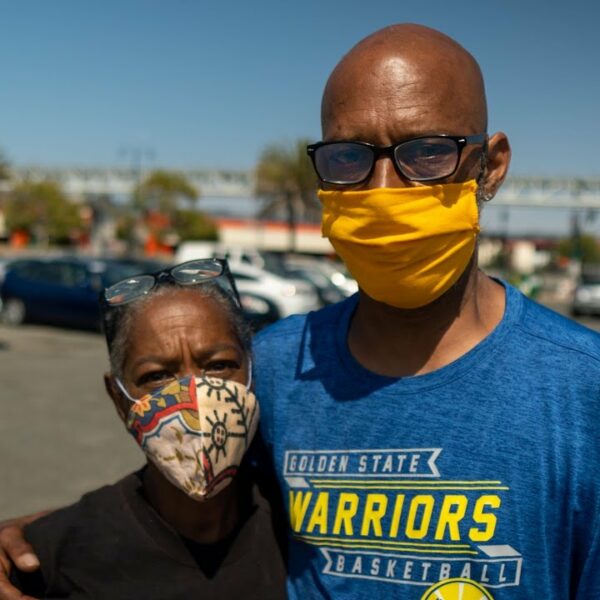Individuals experiencing homelessness in Nashville, TN, are also dealing with a “one-two punch” following a tornado that took at least 25 lives on March 3 and is now compounding with the COVID-19 pandemic.
Nashville Rescue Mission CEO Glenn Cranfield described the back-to-back disasters as a double punch. He said the Rescue Mission has seen an increase in the number of guests they are serving in the city, prompting the mayor to open the fairgrounds to the Mission in order to create an overflow area to serve more Nashvillians displace by the tornado or coronavirus.
Cranfield said Nashville is in a uniquely unfortunate situation. The Mission, which provides shelter and food to homeless people on two campuses, is working to provide as much relief as possible while maintaining safe social distancing practices.
The March 3 storm consisted of at least three F-3 and F-4 tornadoes, hitting Middle Tennessee with winds of up to 175 miles per hour.
The damage was striking, blowing historical buildings down to their foundations, overturning and destroying vehicles, damaging businesses and homes and taking lives. The devastation was just as heavy for many people experiencing homelessness, destroying tents, camps and cars with people living inside.
Michael Centi, VP of Oasis Center Nashville, said young people Oasis serves had tents and personal belongings destroyed. One young girl was staying in a car that was overturned. Luckily, she was unharmed although the car was destroyed. Centi said Oasis, which works with youth primarily aged 18-24, have housed 11 individuals in the last six weeks.
“There were a lot of people displaced as a result of the tornado,” Centi said. “Everything feels a little conflated. It’s harder to tell here what is tornado response and what is pandemic response.”
Centi and Cranfield said that despite both disasters, their shelters are following CDC guidelines around social distancing, no matter how difficult. Centi said Oasis is partnering with Launchpad, a cold weather shelter, to provide room in extended stay hotels that shelter those in need but keep them safely separated.
Cranfield said the Rescue Mission has limited staff on site, encouraging those who can work from home to do so. Staff and guests are provided with masks, and dining tables and chairs are separated by at least six feet.
“If a COVID outbreak were to happen in the shelter, it would be devastating to Middle Tennessee because it would overwhelm [hospitals],” Cranfield said. “We needed the city to help us provide alternative living situations.”
The Mission is currently serving about 800 people between its two campuses and the overflow shelter at the fairgrounds. However, many more people remain outdoors, afraid to go to the shelter for a number of reasons.
OpenTable reported in 2016 that Nashville has around 20,000 homeless individuals, many of whom live in camps and tents outdoors. While reporting this story, several individuals outdoors did not wish to speak about their situation.
Cranfield said this is common and can be caused by a lack of trust with news media, case workers or shelter volunteers. He added that many who live in camps do not use shelter services due to that same lack of trust. So it’s understandable they would not want to discuss their situation with those they don’t know. That said, the Mission works hard to build avenues of trust and relationships whenever possible, Cranfield said.
In a Facebook poll of local Nashville groups, 11 of 45 survey respondents said the tornado and coronavirus combination has made their living situation unstable or likely to change in a negative way. In an East Nashville Facebook group, a high percentage of respondents, 9 of 21, said the disasters had impacted them. East Nashville was hit particularly hard by the tornado. In other groups, Nashvillians reported issues with receiving unemployment benefits and stimulus checks.
Cranfield said some of the guests the Mission serves do have bank accounts and receive some social security benefits. While he doesn’t have an exact number, it’s possible some have or will be receiving stimulus checks from the government. This could temporarily relieve some stress. But he said it’s important to remember that one check or day one of returning to work after the city reopens will not lead to less people in the shelter immediately.
“It’s a common misconception that people experiencing homelessness don’t have jobs,” Cranfield said. “Many do. They work in construction, as servers, or in hotels. Just because you’re able to go back to work tomorrow doesn’t make everything rosy.”
Cranfield said that the Mission is preparing for increased numbers as the economic shutdown continues. But he hopes the city takes its time and reopens carefully.
“We went through a very methodical closing,” Cranfield said. “I hope we have a methodical reopening in the same way. My deep concern is that it’s going to take a while.”
Centi and Cranfield agree that for many, seeking connectedness and resources from local shelters is the best way to stay healthy, even when it’s difficult to shelter in place. Cranfield said many homeless individuals feel disconnected or lonely. Centi said plugging into local resources makes it easier to stay healthy and improve living situations.
“If someone is experiencing homelessness, connect with resources available,” Centi said. However, he acknowledged that what works for some may not work for all. “Every case is individual.”
While millions in the US, and in most countries around the world, struggle with the coronavirus outbreak, vulnerable populations will continue to be more at risk, unable to shelter in place or receive medical treatment and prevention. It’s even harder in some areas, like Nashville, where residents must battle multiple disasters at once. However, it’s encouraging to see leaders like Centi and Cranfield at work.
The city continues to show its support in the smallest of ways. Everywhere, #NashvilleStrong is painted on billboards and murals. And there is no shortage of volunteers ready to hand out food or cook a hot meal for someone in need. In the aftermath of the tornado, thousands of neighbors came together to help each other. That need is greater than ever, and Nashville answers the call.













